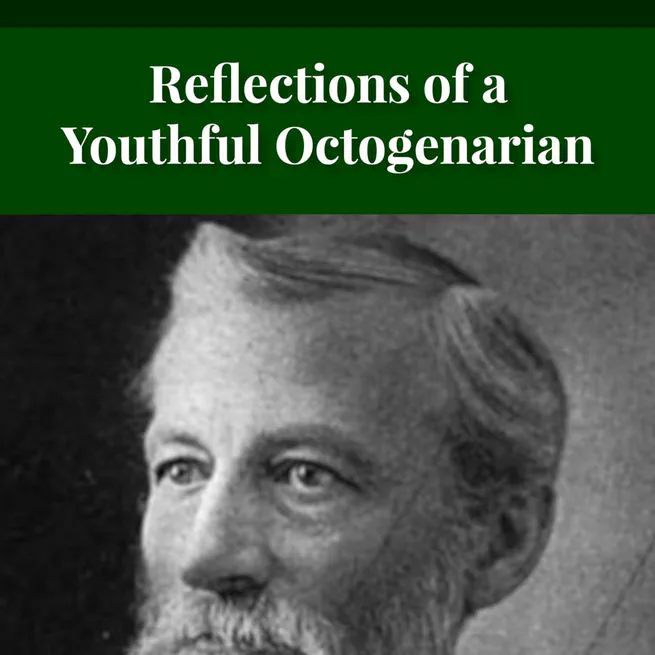
“I fear those ministers among us who seem to be terribly afraid of Pietism. They do not explain the distinction between a false and a true Pietism. To have ever a greater and deeper measure of the latter is surely one of our greatest needs. It fits so beautifully into our Lutheran system that it ought to be a part of its warp and woof. Indeed it is the very essence, the heart and life of true Lutheranism. God give us more of it!
12 Jun 2025
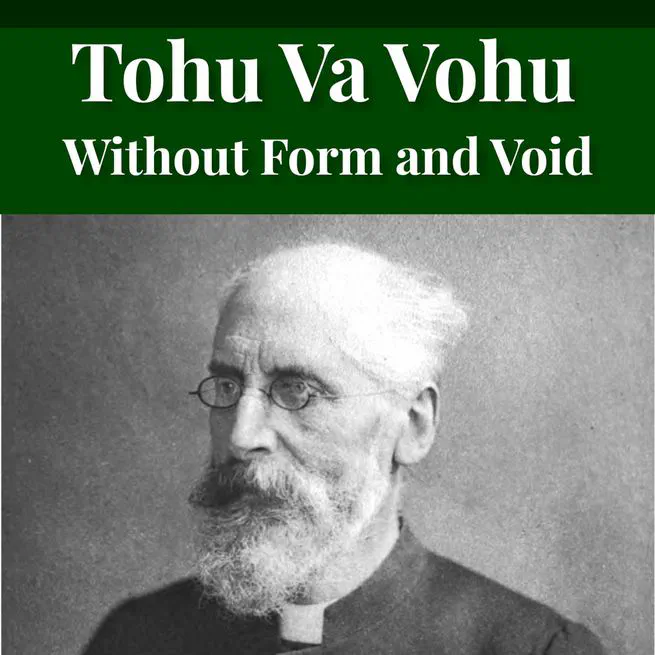
Maxims and thoughts of Alfred Edersheim, including an account of his conversion from Judaism to Christianity. “I like a republic, but I detest a democracy.” “Our Churchism is mostly like withered leaves—showing where life kas been.”
23 May 2025
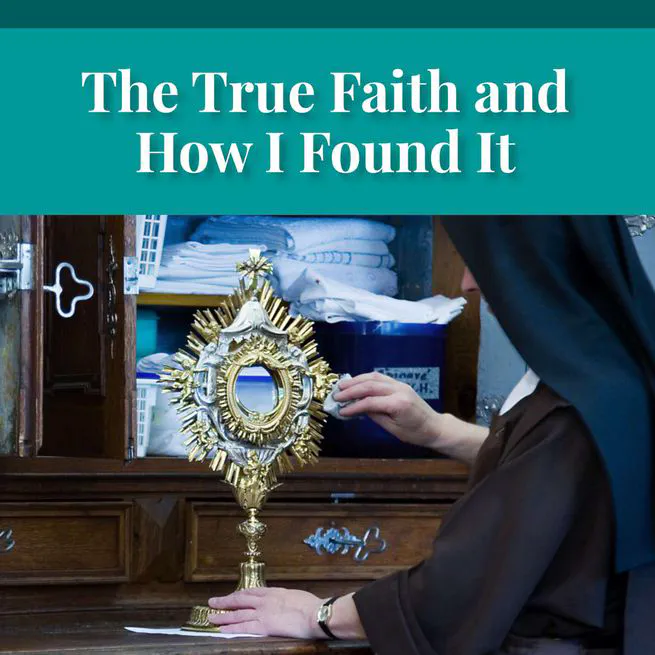
The story of a remarkable conversion from Roman Catholicism, with additional chapters on subjects vital and fundamental.
20 Nov 2024
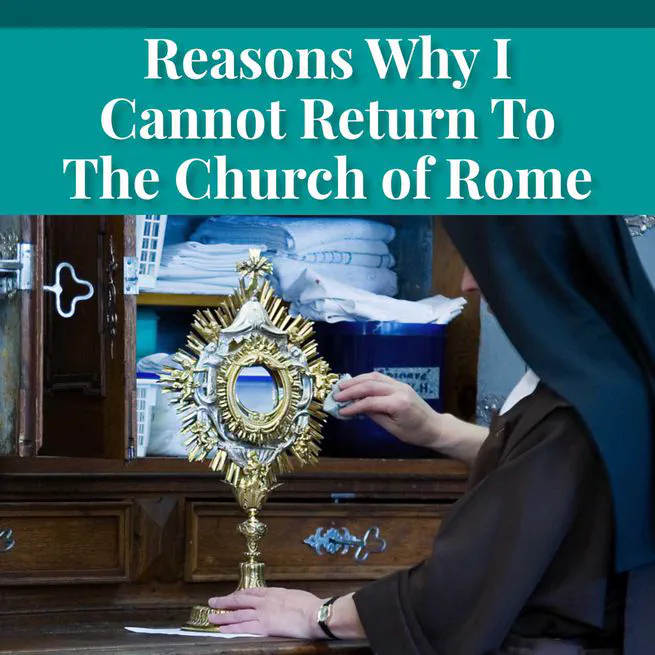
“In view of the persistent and unflagging efforts of my friends to win or force me back to the Roman faith, I am led to give the following reaosns why I cannot return to the church I broke away from sixty-five years ago…” -From the Foreword
12 Nov 2024
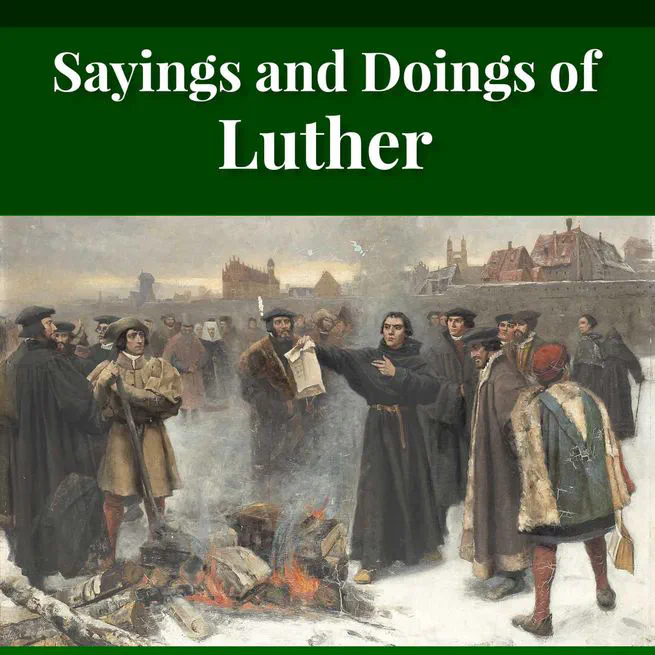
“Of thirteen hundred and forty-three books… written on the subject of Luther… not one is like this one… Some may think that I should have given my authorities and references; but as the book was (made) for plain readers… the mention of which would have interrupted the narrative and been of no service. - John G Morris”
3 Sep 2024
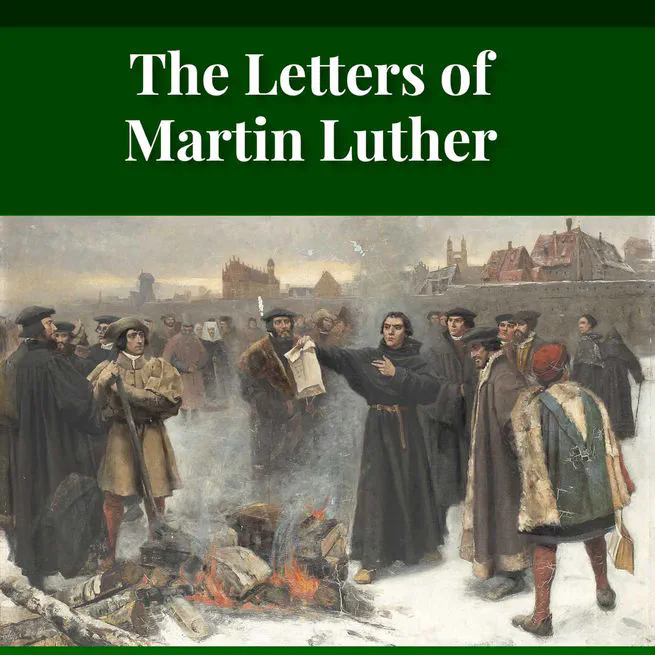
Coleridge wrote, ‘I can scarcely conceive a more delightful volume than might me made from Luther’s letters, especially those from the Wartburg, if translated in the simple, idiomatic, hearty mother-tongue of the original.’ - From the Preface
1 Jul 2024

“In attempting to bring ’light into the dwellings’, Jessup’s mission faced problems such as the strong Muslim suspicion of Christians, a hostile government and the corruption of the existing Christian sects. One of the author’s strongest personal motivations was to educate and empower girls and women, whom he saw as oppressed by Islam. These volumes give us an unusual perspective on the history of Syria. Volume I covers the author’s arrival and first impressions, moving on to discuss the translation of the first Arabic Bible and the founding of the Syrian Protestant College. Volume II continues with Jessup reflecting on his later years in the region at the end of the turn of the last century. It also includes detailed appendices on the history of the American Mission in Syria.” -From Amazon Reviews
18 Jun 2024
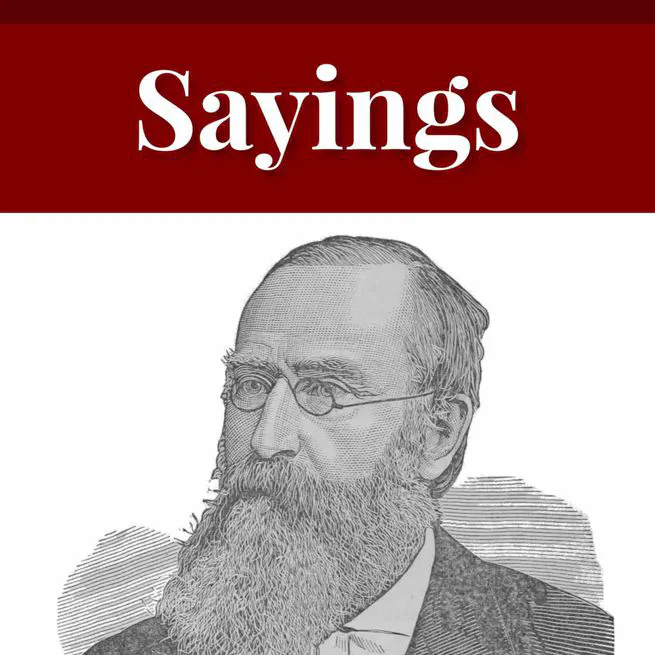
This little book consists of pithy selections from the biography of Charles Krauth. “Every sincere Christian should know Krauth.” This Lutheran Library “short” is taken from the two volume biography of Charles Krauth published by Adolph Spaeth. Spaeth includes in his Preface to that work the following:
9 May 2024
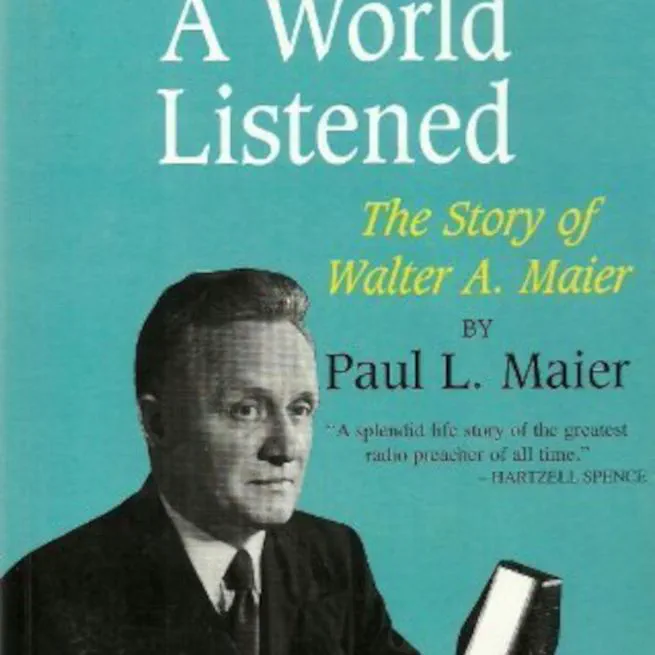
“The voice had an extraordinary range, for each week it was heard around the world. In Shanghai it introduced a Chinese highway engineer to Christianity. In Illinois it caused a woman who as driving to an illicit tryst to make a U-turn on the highway. In Poland it preached anything but party line to a Communist functionary. And to millions of others across the earth, the voice had become a Sunday institution.” From the Prologue.
29 Apr 2024
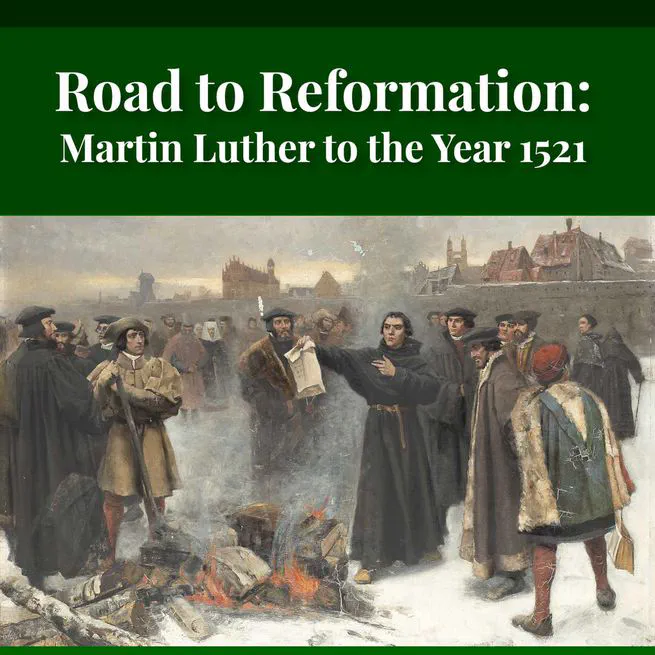
A psychologically oriented history of Martin Luther.
1 Apr 2024